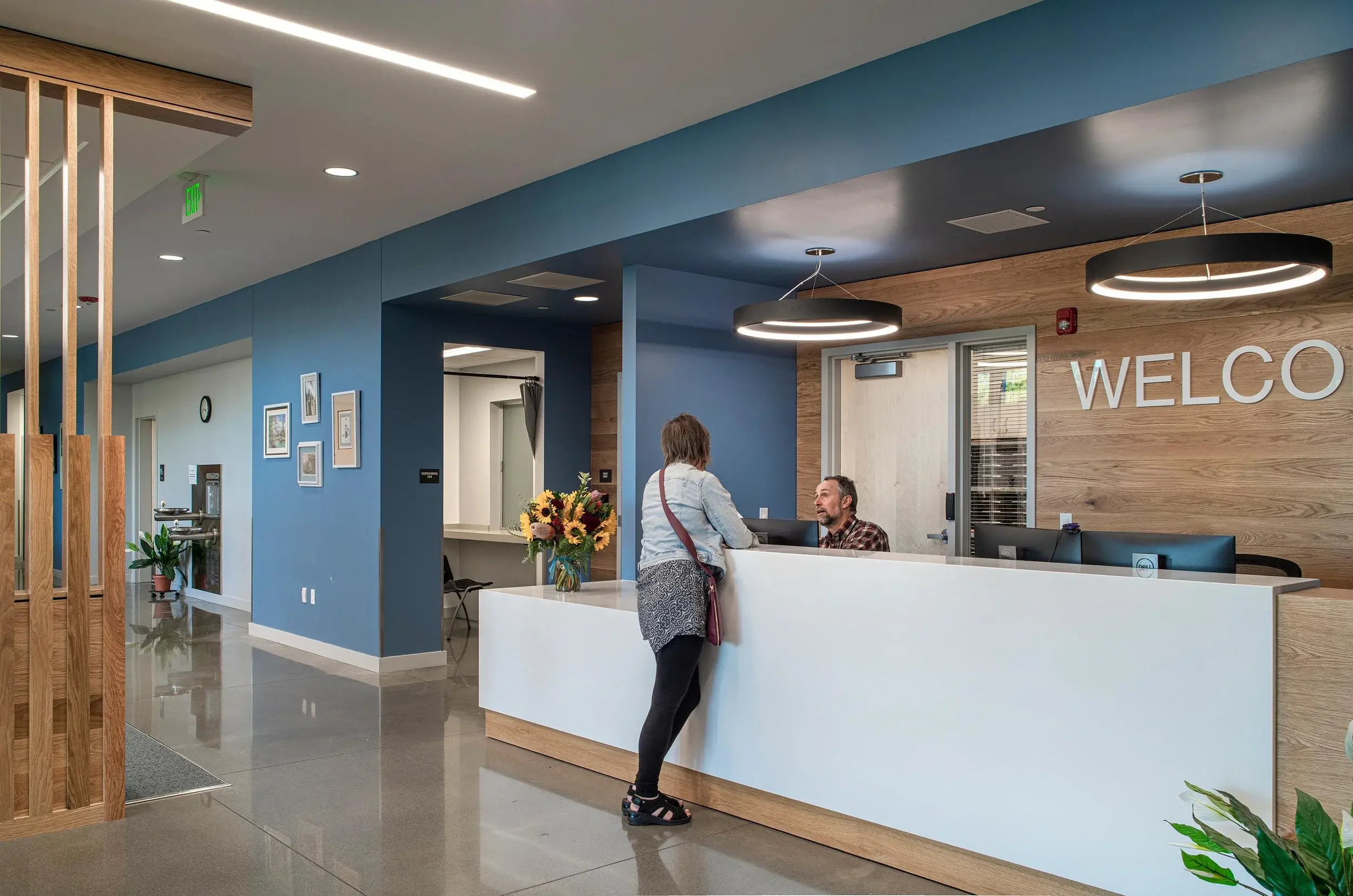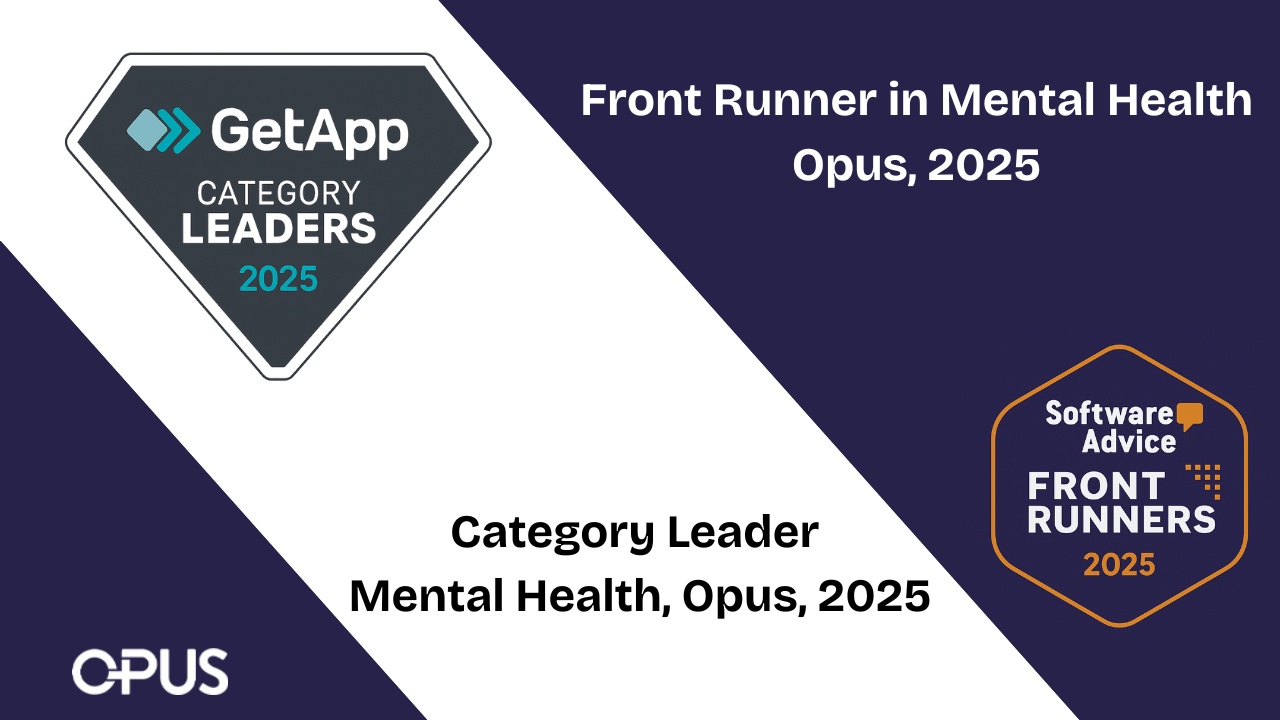When Freedom Triggers Memories: Veterans and PTSD Mindfulness
Independence Day, a time of celebration and joy for many can be a challenging period for veterans living with post-traumatic stress disorder (PTSD). For these brave men and women, this holiday can evoke memories of tragic events during their military service, triggering emotions and experiences they are still trying to adapt to in their civilian lives. PTSD affects a significant number of veterans, with between 11-20% of United States veterans diagnosed with the condition at some point. Lasting for months or even years, PTSD can severely impact an individual's quality of life.
Fortunately, there are ways to minimize the effects of PTSD and help individuals cope with its symptoms. Mindfulness, a practice that trains the mind to avoid overwhelming emotional burdens, has shown promise in supporting those living with PTSD.
Understanding PTSD: PTSD is a psychiatric disorder that typically arises from experiencing or witnessing a traumatic or terrifying event or prolonged exposure to distressing circumstances. While combat-related experiences often trigger PTSD in veterans, they can stem from various traumatic events. Symptoms may manifest weeks after the event or even years later.
Symptoms of PTSD: PTSD is associated with sudden episodes, but it encompasses a range of other symptoms, including:
Intrusive memories: Reliving the event, nightmares, and experiencing severe emotional distress.
Avoidance: Behaviorally steering clear of triggers, such as people, places, or things associated with the event.
Changes in physical and emotional reactions: Feeling constantly on edge, easily frightened, irritable, and experiencing sleep difficulties, as if always in danger.
Negative thinking and moods: Shifts in disposition, including feeling down, hopeless about the future, emotionally numb, and detached from loved ones.
Triggers for PTSD: PTSD can be triggered by stimuli that remind individuals of the traumatic event, including sounds, scents, people, places, objects, tastes, situations, specific words, and even thoughts. These triggers can cause individuals to feel as if they are reliving the event, even years after its occurrence.
The Role of Mindfulness: Mindfulness practices have shown effectiveness in helping individuals with PTSD cope with their condition and build resilience. By cultivating a stronger connection and awareness of their thoughts, feelings, emotions, and surroundings, mindfulness allows individuals to reduce automatic responses to PTSD triggers.
Mindfulness provides a foundation for:
Recognizing and Acknowledging Triggers: By increasing self-awareness, individuals can identify the triggers that lead to distressing episodes, giving them greater control over their responses.
Regulating Emotions: Mindfulness techniques empower individuals to manage overwhelming emotions, preventing them from spiraling into uncontrollable reactions.
Fostering Present-Moment Awareness: By focusing on the present moment, individuals can ground themselves and break free from the grip of traumatic memories.
Cultivating Self-Compassion: Mindfulness promotes self-compassion, helping individuals develop a kind and non-judgmental attitude toward themselves as they navigate the challenges of PTSD.
Enhancing Resilience: Regular mindfulness practice strengthens mental resilience, enabling individuals to better cope with stressors and effectively manage their PTSD symptoms.
Mindfulness offers a path toward healing and a means to regain control over one's life. Veterans living with PTSD can benefit greatly from integrating mindfulness practices into their daily routines. As we celebrate Independence Day, let us also remember and support our veterans, ensuring they have access to the resources and tools that can help them navigate the challenges of PTSD.
If you or someone you know is a veteran dealing with PTSD, consider exploring mindfulness-based interventions and seeking professional guidance to support your journey toward healing and well-being.
It is crucial for veterans, especially those who experience triggers during Independence Day holiday celebrations, to seek therapy for their PTSD. Here are some reasons why seeking therapy is important:
Understanding and Managing Triggers: Therapy provides a safe and supportive environment for veterans to explore their triggers and understand how they impact their mental well-being. A trained therapist can help individuals identify specific triggers related to their experiences and develop effective coping strategies to manage them.
Processing Traumatic Memories: Veterans with PTSD often carry traumatic memories from their military service, which can resurface during holiday celebrations or other triggering events. Therapy allows veterans to process these memories in a structured and guided manner, facilitating healing and emotional resolution.
Learning Coping Skills: Therapy equips veterans with a range of coping skills and techniques to navigate challenging situations and manage distressing symptoms. Therapists can teach mindfulness exercises, relaxation techniques, and cognitive strategies that help individuals regulate their emotions and reduce anxiety associated with triggers.
Building a Supportive Network: Participating in therapy provides an opportunity for veterans to connect with mental health professionals who specialize in PTSD and understand the unique challenges faced by those who have served in the military. Therapists can offer support, validation, and guidance, creating a strong foundation for recovery.
Improving Quality of Life: PTSD can significantly impact a person's quality of life, affecting relationships, work, and overall well-being. By engaging in therapy, veterans can address the symptoms of PTSD, reduce their intensity and frequency, and enhance their overall quality of life. Therapy can help individuals regain a sense of control, improve self-esteem, and restore functioning in various areas of their lives.
Accessing Specialized Treatment: Therapists who specialize in working with veterans and trauma-related disorders can provide evidence-based treatments specifically tailored to address PTSD symptoms. These may include therapies like cognitive-behavioral therapy (CBT), eye movement desensitization and reprocessing (EMDR), or prolonged exposure therapy (PE). Such specialized treatments have been proven effective in reducing PTSD symptoms and promoting recovery.
Overcoming Stigma: Seeking therapy helps combat the stigma often associated with mental health issues. By actively engaging in therapy, veterans lead by example, challenging the misconception that seeking help is a sign of weakness. Opening up about their experiences and pursuing treatment can inspire others to do the same, fostering a culture of support and understanding.
Remember, therapy is a personal journey, and it may take time to find the right therapist and approach that works best for each individual. However, by taking the step to seek therapy, veterans with PTSD can embark on a path of healing, growth, and improved well-being.
Here is a list of helpful resources for veterans who have PTSD:
National Center for PTSD: The National Center for PTSD, a division of the U.S. Department of Veterans Affairs, provides comprehensive information, resources, and treatment options for veterans with PTSD. Their website offers educational materials, self-help tools, and links to local VA facilities: https://www.ptsd.va.gov/
Veterans Crisis Line: The Veterans Crisis Line is a free, confidential helpline available 24/7 for veterans in crisis, as well as their family members and friends. They provide support, counseling, and referrals to local resources. Call 1-800-273-8255 and press 1, or text 838255 to connect with a trained professional.
Make the Connection: Make the Connection is a VA initiative that offers personal stories of veterans who have experienced PTSD and other mental health challenges. The website provides information, resources, and a confidential peer support community: https://www.maketheconnection.net/
Wounded Warrior Project: The Wounded Warrior Project provides programs and services to empower and support veterans who have experienced physical or mental health injuries, including PTSD. Their website offers resources, support groups, and access to mental health professionals: https://www.woundedwarriorproject.org/
Give an Hour: Give an Hour is a nonprofit organization that connects veterans and their families with licensed mental health professionals who provide free counseling services. Their network of providers includes psychologists, psychiatrists, and social workers: https://www.giveanhour.org/
Military OneSource: Military OneSource is a Department of Defense program that offers a range of support services for active-duty military personnel, veterans, and their families. They provide confidential counseling, resources, and referrals to local mental health professionals: https://www.militaryonesource.mil/
Vet Centers: Vet Centers are community-based counseling centers that provide a wide range of support services for veterans, including counseling for PTSD. They offer individual and group counseling, as well as referrals to other VA services. Find a Vet Center near you: https://www.va.gov/find-locations/
PTSD Foundation of America: The PTSD Foundation of America is a nonprofit organization that provides support, education, and resources for veterans and their families affected by PTSD. They offer peer support groups, counseling, and community programs: https://ptsdfoundation.org/
American Red Cross Military Veteran Caregiver Network: The American Red Cross Military Veteran Caregiver Network provides resources and support for caregivers of veterans with PTSD. They offer peer support, educational materials, and training programs.
Remember, seeking professional help is crucial for managing PTSD. These resources can provide valuable guidance, support, and treatment options to veterans and their families.
Opus EHR is proud to be a community partner that offers valuable resources and software solutions to support practices involved in various types of therapy, including PTSD, Cognitive Behavioral Therapy (CBT), and mental health treatment. We understand the unique challenges faced by clinicians and practitioners in providing effective care to individuals dealing with these conditions, and we are here to assist you in enhancing your practice and improving patient outcomes.
With Opus EHR, you gain access to a comprehensive clinical solution tailored specifically for behavioral health and addiction treatment centers. Our software provides a secure, HIPAA-compliant environment where clinicians can customize, measure, assess, and treat patients efficiently. Whether you are working with individuals suffering from PTSD, implementing CBT techniques, or providing mental health therapy, our software is designed to meet your specific needs.
Opus EHR offers a user-friendly interface that is easy to navigate and learn, ensuring a smooth transition for your practice. Our full suite of features caters to the unique requirements of behavioral health and addiction treatment practices. From billing and patient scheduling to paperless charting, automated reminders, form templates, customizable reporting, and more, our software streamlines your clinical and operational processes, allowing you to focus on delivering exceptional care to your patients.
By utilizing Opus EHR, you can efficiently track and analyze data, enabling you to monitor patient progress, treatment effectiveness, and overall practice performance. Our software empowers you to provide evidence-based therapies, such as Cognitive Behavioral Therapy while maintaining accurate and up-to-date patient records. This comprehensive approach enhances your ability to deliver quality care, improve treatment outcomes, and support individuals on their path to recovery.






